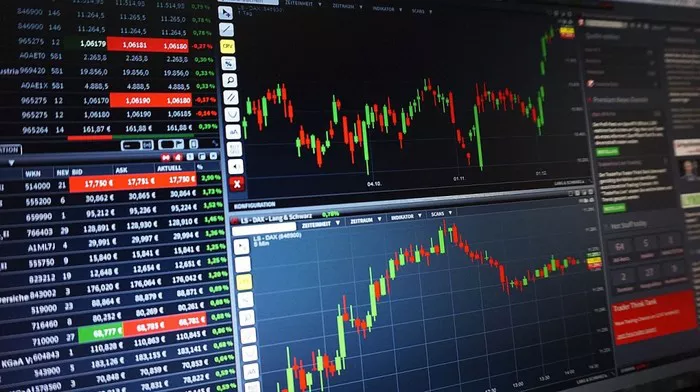Futures and options are two of the most popular financial derivatives used in trading. They both provide traders with an opportunity to speculate on the price movements of underlying assets. In this article, we will discuss the key differences between futures and options.
Futures
A futures contract is a standardized agreement between two parties to buy or sell an underlying asset at a predetermined price and time in the future. Futures contracts are traded on regulated exchanges, such as the Chicago Mercantile Exchange (CME) and the New York Mercantile Exchange (NYMEX). Futures contracts are commonly used to hedge against price fluctuations or to speculate on the price movements of underlying assets.
Options
An option is a contract that gives the buyer the right, but not the obligation, to buy or sell an underlying asset at a predetermined price and time in the future. Options contracts are traded on regulated exchanges, such as the Chicago Board Options Exchange (CBOE) and the New York Stock Exchange (NYSE). Options contracts are commonly used to hedge against price fluctuations or to speculate on the price movements of underlying assets.
Key Differences Between Futures and Options
-
Obligation
One of the main differences between futures and options is the obligation to buy or sell the underlying asset. In a futures contract, both parties are obligated to fulfill the contract. This means that the buyer must buy the underlying asset at the predetermined price and time, and the seller must sell the underlying asset at the predetermined price and time. In contrast, in an options contract, the buyer has the right but not the obligation to buy or sell the underlying asset. The seller, on the other hand, is obligated to sell or buy the underlying asset if the buyer decides to exercise the option.
-
Payment
Another key difference between futures and options is the payment structure. In a futures contract, both parties are required to deposit a margin, which is a percentage of the contract value, with the exchange. The margin serves as collateral and helps ensure that both parties fulfill their obligations. The buyer and seller of a futures contract must also make daily settlement payments to reflect the changes in the contract’s value. In contrast, in an options contract, the buyer pays a premium to the seller for the right to buy or sell the underlying asset. The seller of the option receives the premium, regardless of whether the buyer decides to exercise the option or not.
-
Flexibility
Futures contracts are relatively inflexible compared to options contracts. Futures contracts are standardized, which means that the contract size, expiration date, and delivery location are predetermined. This lack of flexibility means that traders must find a buyer or seller to exit their position before the contract expires. In contrast, options contracts offer more flexibility, as traders can choose the contract size, expiration date, and strike price. Options contracts also allow traders to close their position before the contract expires by selling the option back to the market.
-
Risk
The risk profiles of futures and options contracts differ significantly. Futures contracts are considered to be riskier than options contracts because they require a higher margin deposit and both parties are obligated to fulfill the contract. This means that traders can incur significant losses if the market moves against them. In contrast, options contracts offer limited risk, as the buyer’s loss is limited to the premium paid for the option. The seller’s risk, on the other hand, is unlimited, as the seller must fulfill the contract if the buyer decides to exercise the option.
-
Trading Strategies
Futures and options contracts are used in different trading strategies. Futures contracts are commonly used by traders to hedge against price fluctuations in the underlying asset. For example, a farmer may sell futures contracts for the crops they plan to harvest in the future to lock in a price and reduce the risk of price fluctuations. In contrast, options contracts are commonly used by traders to speculate on the price movements of the underlying asset. For example, a trader may buy a call option on a stock they believe will increase in value, or buy a put option on a stock they believe will decrease in value.
Conclusion
In summary, futures and options are two popular financial derivatives used in trading. Futures contracts are obligations to buy or sell an underlying asset at a predetermined price and time in the future, while options contracts give the buyer the right but not the obligation to buy or sell the underlying asset. Futures contracts are considered to be riskier than options contracts, and futures contracts are commonly used to hedge against price fluctuations in the underlying asset, while options contracts are commonly used to speculate on the price movements of the underlying asset. Understanding the differences between futures and options can help traders make informed decisions when trading these financial instruments.


